You know how sometimes a single moment, something small, can shift your perspective for the whole year? That’s what Qurbani can feel like.
The act itself is simple: a sacrifice. But everything wrapped around it—the intention, the tradition, the impact—is deeply layered. And honestly? A bit humbling.
Let’s unpack it together.
In the simplest terms, Qurbani (also known as Udhiyah) is the ritual sacrifice of livestock, typically a goat, sheep, cow, or camel, performed during Eid al-Adha, in remembrance of Prophet Ibrahim (peace be upon him) and his unwavering devotion to Allah.
But it’s not just a religious obligation. It’s a moment to slow down and say, through action: “I submit. I remember. I give.”
What strikes you every time is how this act, so physical and grounded, is ultimately about something internal: obedience.
Prophet Ibrahim (AS) didn’t just follow a command; he was willing to sacrifice his beloved son, Isma’il (AS), trusting in Allah’s wisdom. The Qur’an recounts:
“Then when they had both submitted, and he put him down upon his forehead, We called to him, ‘O Ibrahim, you have fulfilled the vision.’ Indeed, We thus reward the doers of good.”
, Surah As-Saffat 37:103–105
So when you perform Qurbani, you’re reminded that faith sometimes asks you to let go,even when it’s difficult. Maybe especially then.
Now, let’s talk about the practical side,because yes, you might be wondering: “Am I actually required to do Qurbani?”
(You’re not alone. Many of us have had that moment of doubt right before Eid.)
Here’s how it works:
If you’re a Muslim, have reached puberty, and possess wealth above the Nisab threshold (the minimum amount of wealth that makes Zakat obligatory), then Qurbani becomes wajib (obligatory) upon you.
The Nisab is equivalent to 87.48 grams of gold or 612.36 grams of silver. The exact value changes based on market rates, but you don’t have to be wealthy, just financially stable, even modestly.
Then you’re not accountable. Islam doesn’t ask what you don’t have,it asks that you give from what you do.
Still want to participate? You can join others in a shared Qurbani, especially with cows or camels (each can be shared by up to seven people).
👉 Support a Qurbani share with HCI, one portion can feed a family for days.
You might think of Qurbani as symbolic, and it is, but it’s also incredibly real.
The meat from your sacrifice reaches families who rarely, if ever, eat meat. For many, Eid only feels like Eid because of this gift.
You may remember hearing about families in Gaza, Yemen, or rural Pakistan who cook their first meat dish in months, all because of someone’s Qurbani.
👉 This year, donate your Qurbani through Human Concern International and reach families in Asia, Africa, and the Middle East.
Your sacrifice can become someone else’s celebration.

Any Muslim who is of sound mind, has reached puberty, and possesses wealth above the Nisab threshold during Eid al-Adha is obligated to perform Qurbani. This applies to both men and women.
If you own wealth equal to or greater than the Nisab (roughly 612 grams of silver or its cash value), and it’s surplus to your needs and debts, then Qurbani is obligatory.
Yes. After fulfilling your own obligation, you can offer Qurbani on behalf of others, including deceased loved ones. It’s a form of Sadaqah Jariyah (ongoing charity) and is highly rewarded.
Absolutely. Reputable organizations like HCI ensure animals are sacrificed according to Islamic guidelines, and the meat reaches those in need, on time and with dignity.
Sheep, goats, cows, and camels. A sheep or goat equals one Qurbani. A cow or camel can be shared by up to seven people.
Between the 10th and 12th of Dhul Hijjah, after Eid prayer. If you’re donating online, the organization should conduct the sacrifice during this timeframe.
If you’re below the Nisab threshold, Qurbani isn’t required. But if you’d still like to contribute, you can join a group sacrifice and pay for one share.
Yes. It’s permissible to distribute Qurbani meat to non-Muslims, neighbors, or anyone in need. The Prophet Muhammad (PBUH) emphasized kindness to all.

Qurbani isn’t just a ritual, it’s a reminder etched into your calendar to reflect, submit, and give.
Whether it’s your first time or your twentieth, it still counts. It still matters.
👉 Perform your Qurbani with HCI this Eid al-Adha and feed families who need it most.
Because of your sacrifice? Someone else gets to smile.
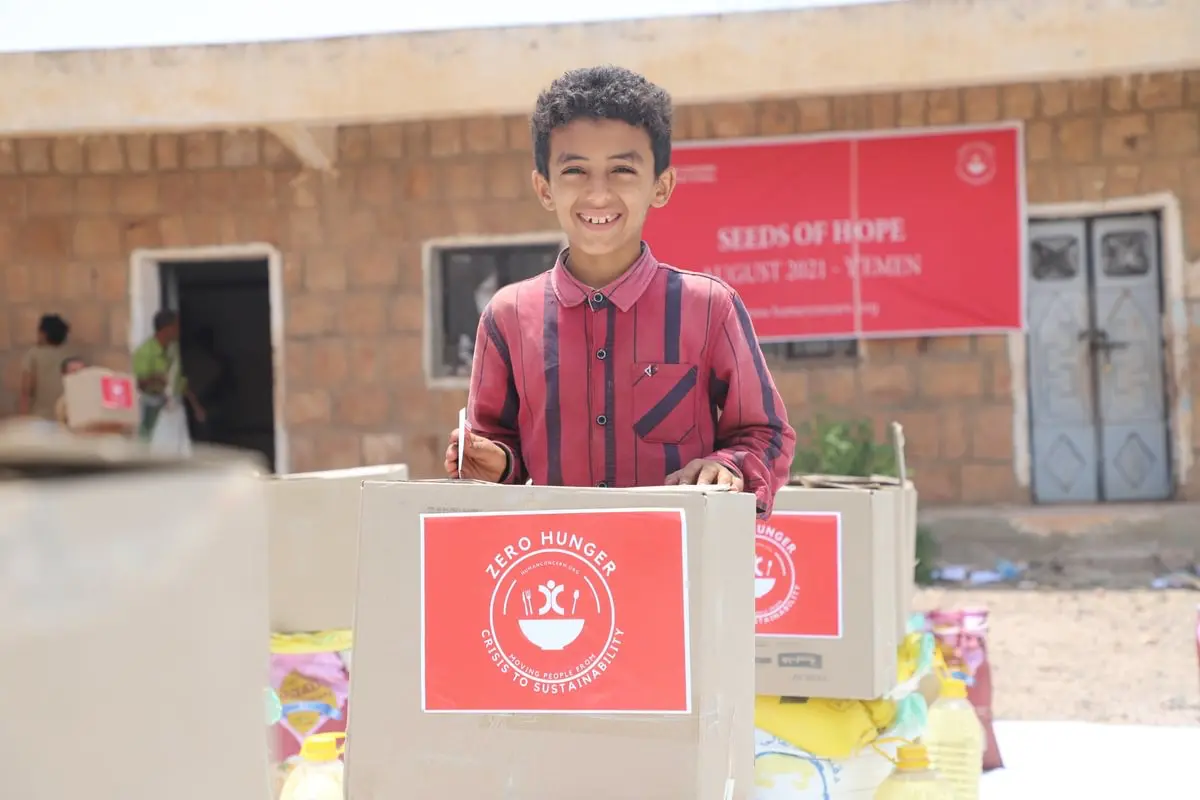
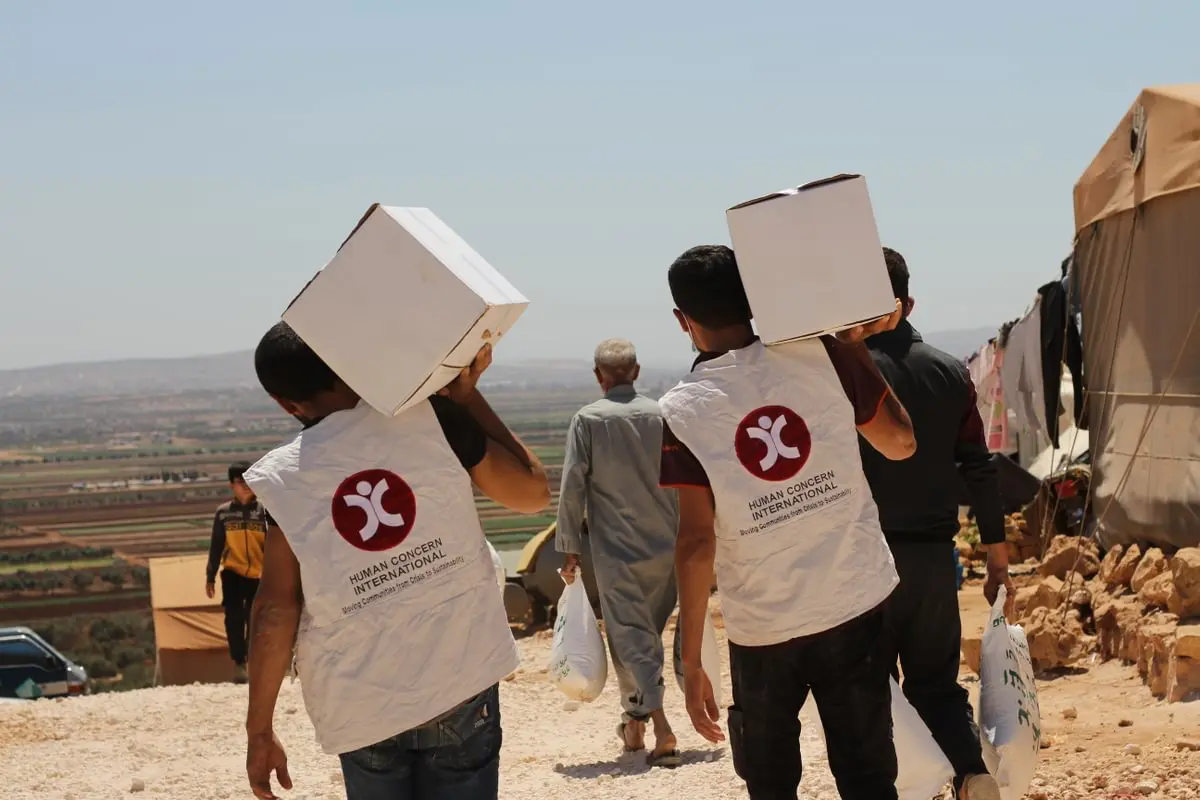
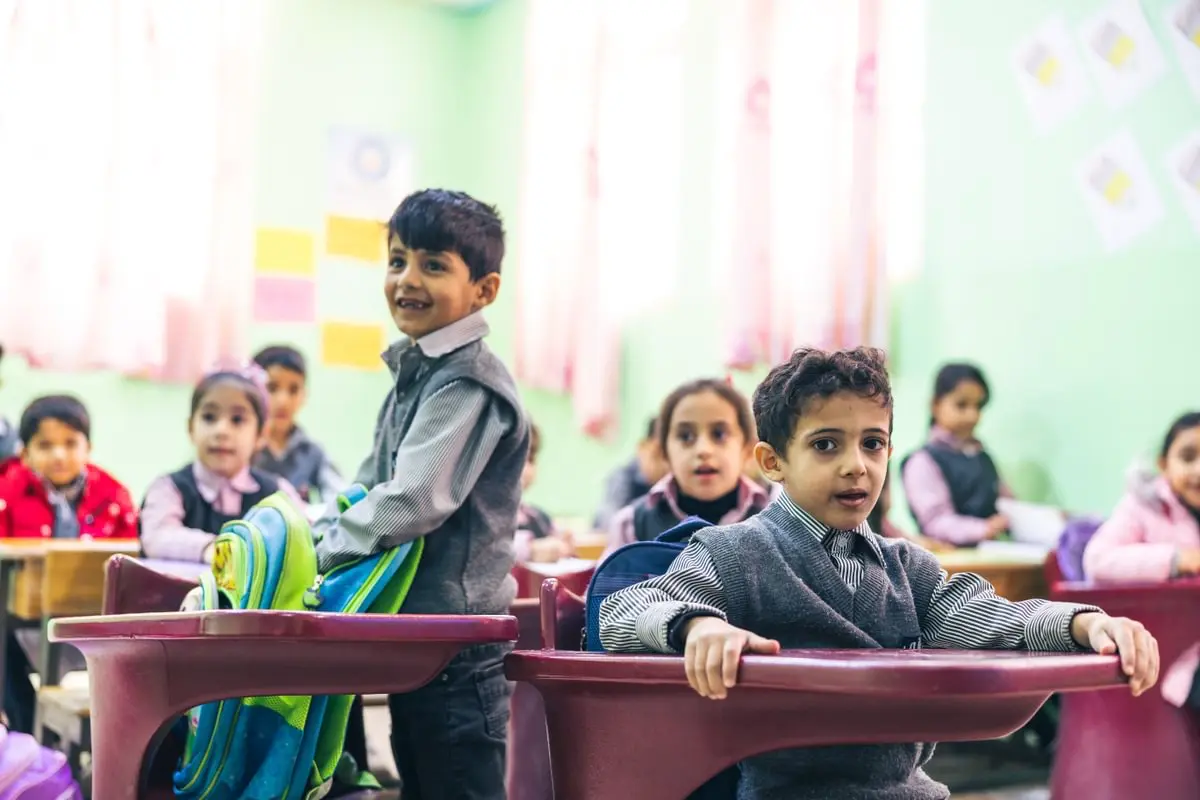
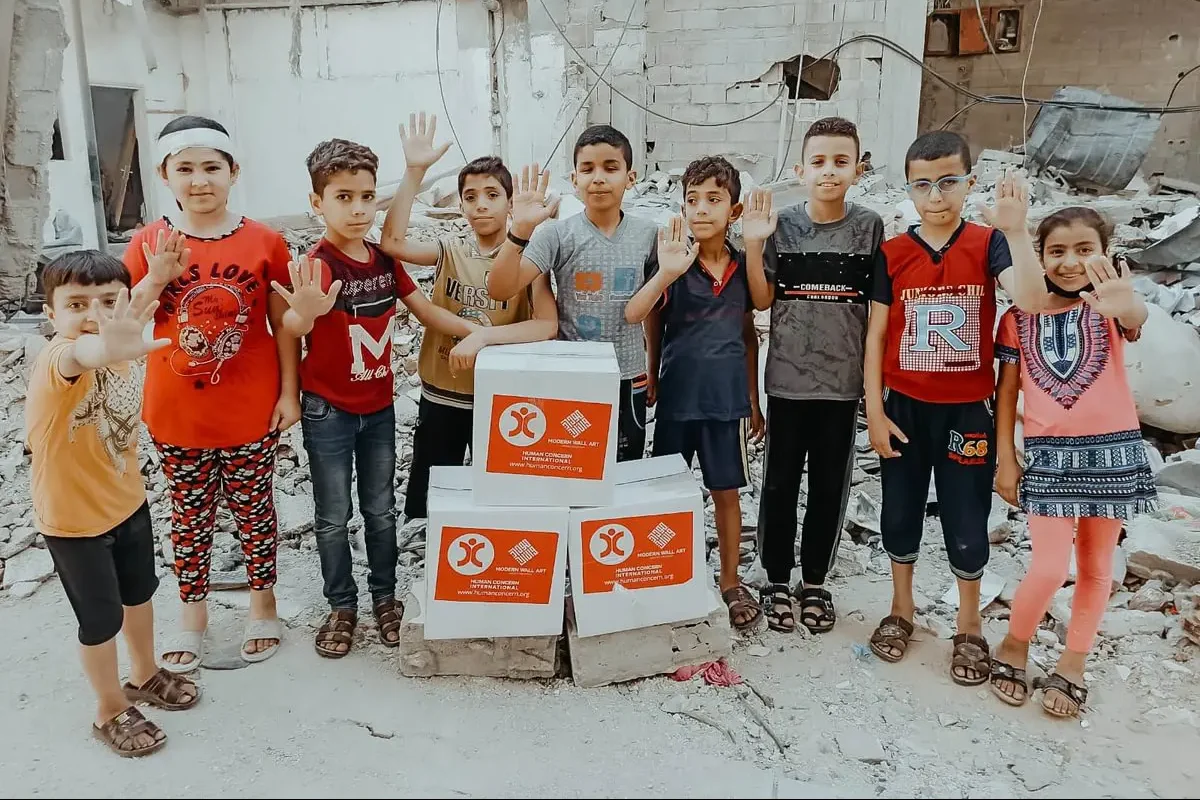
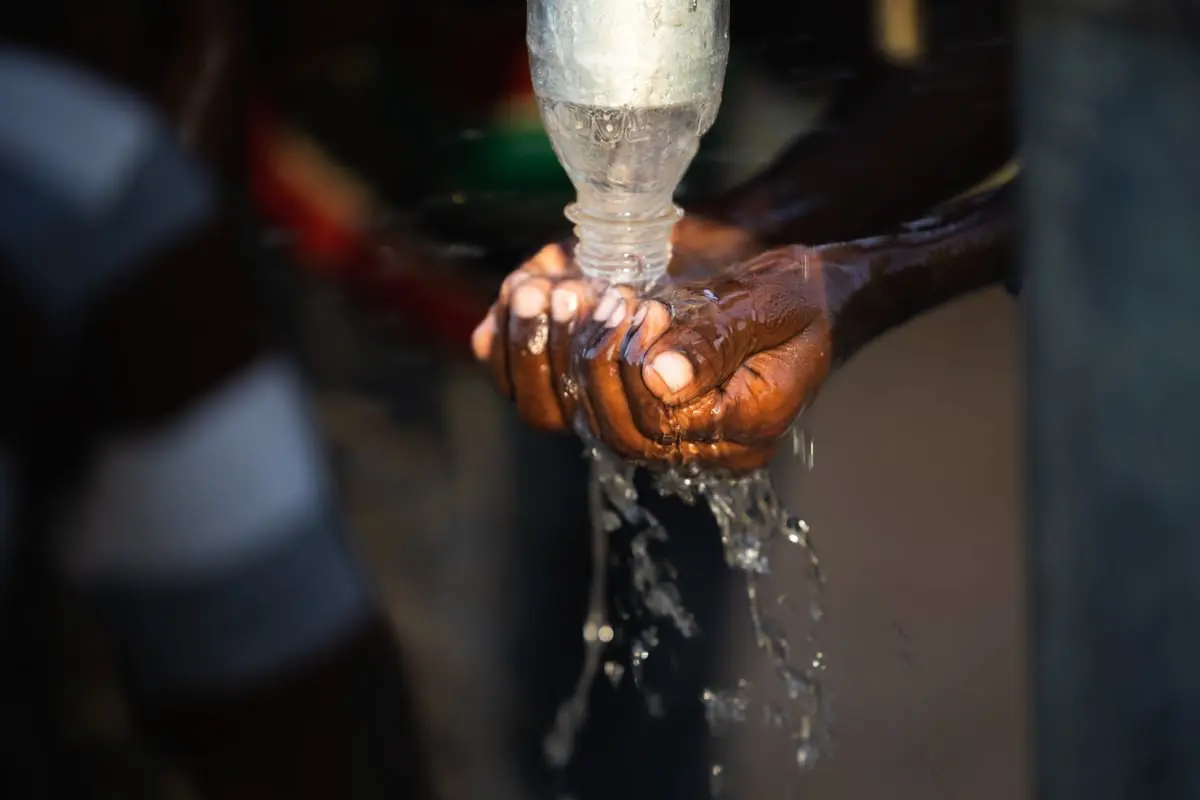
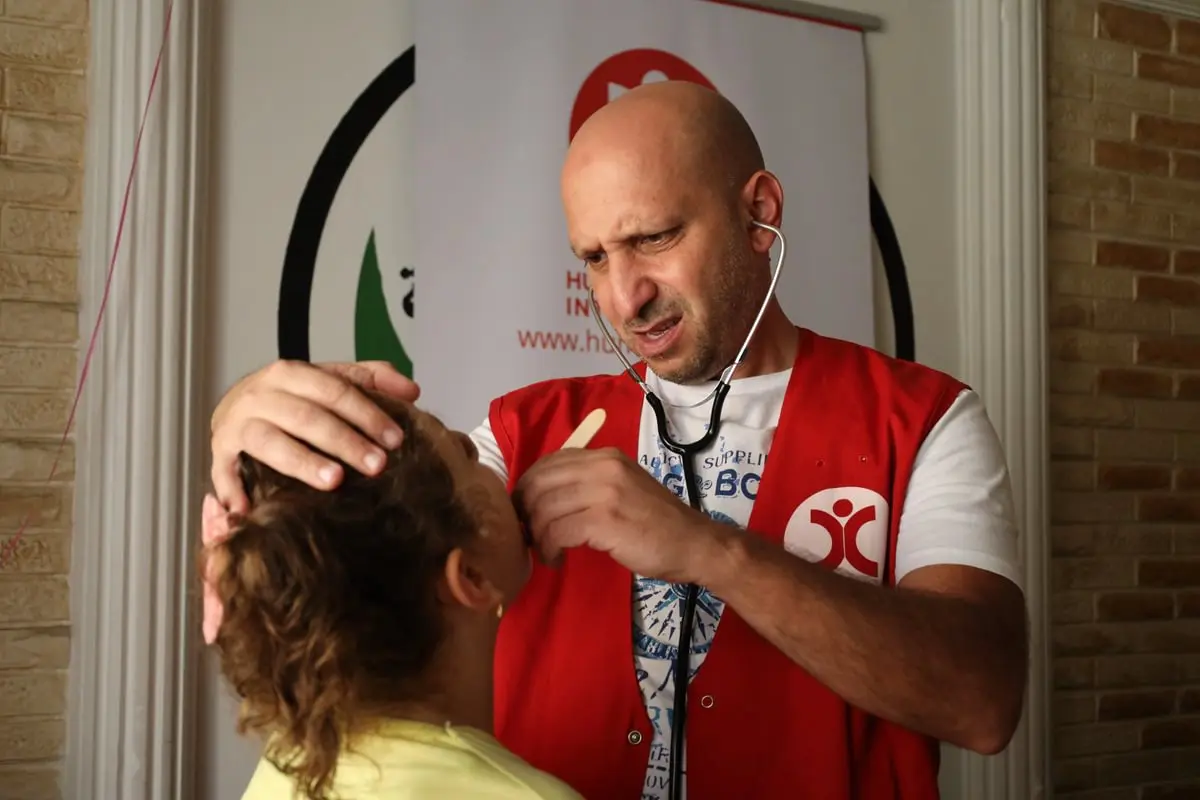
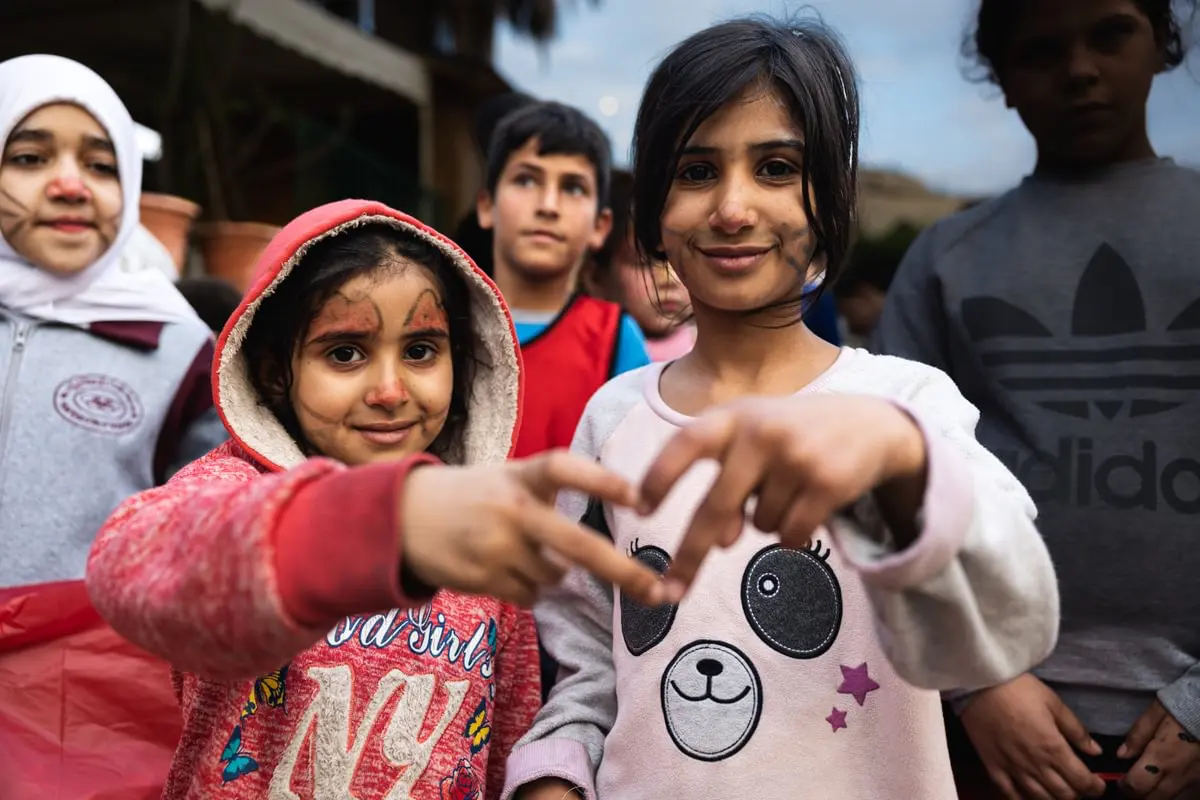
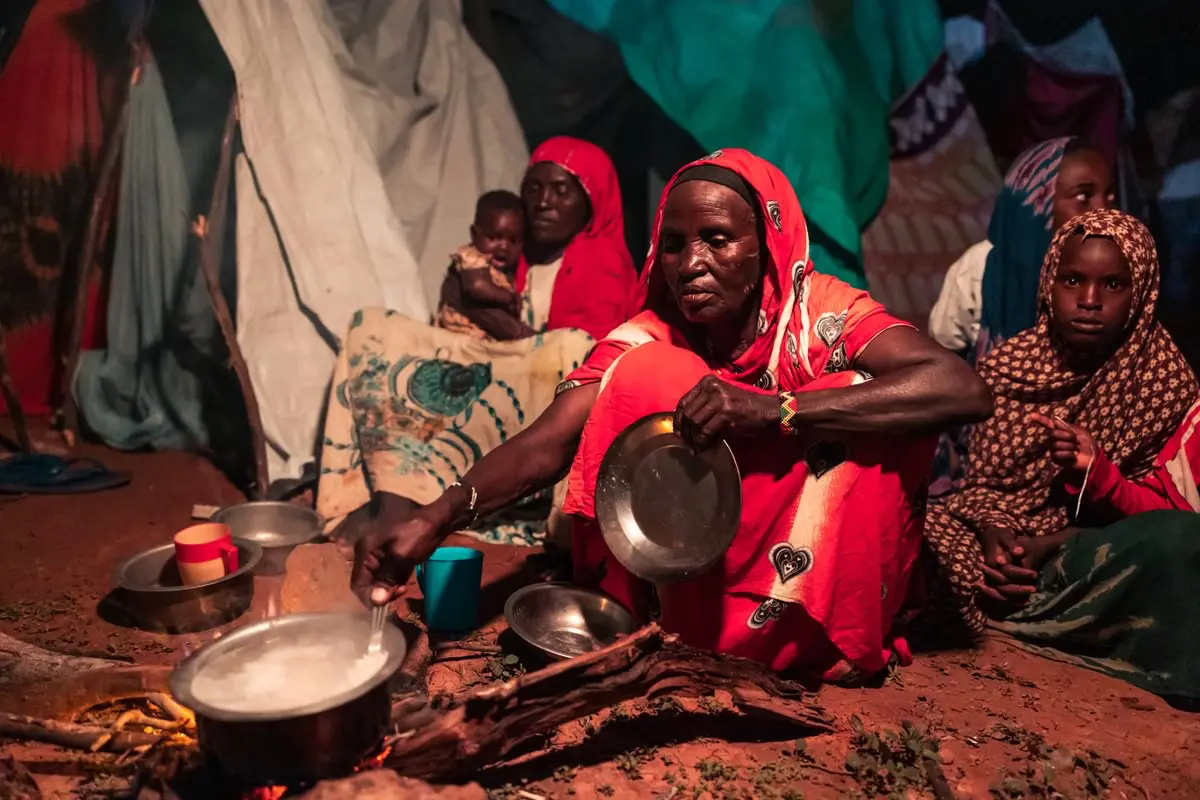
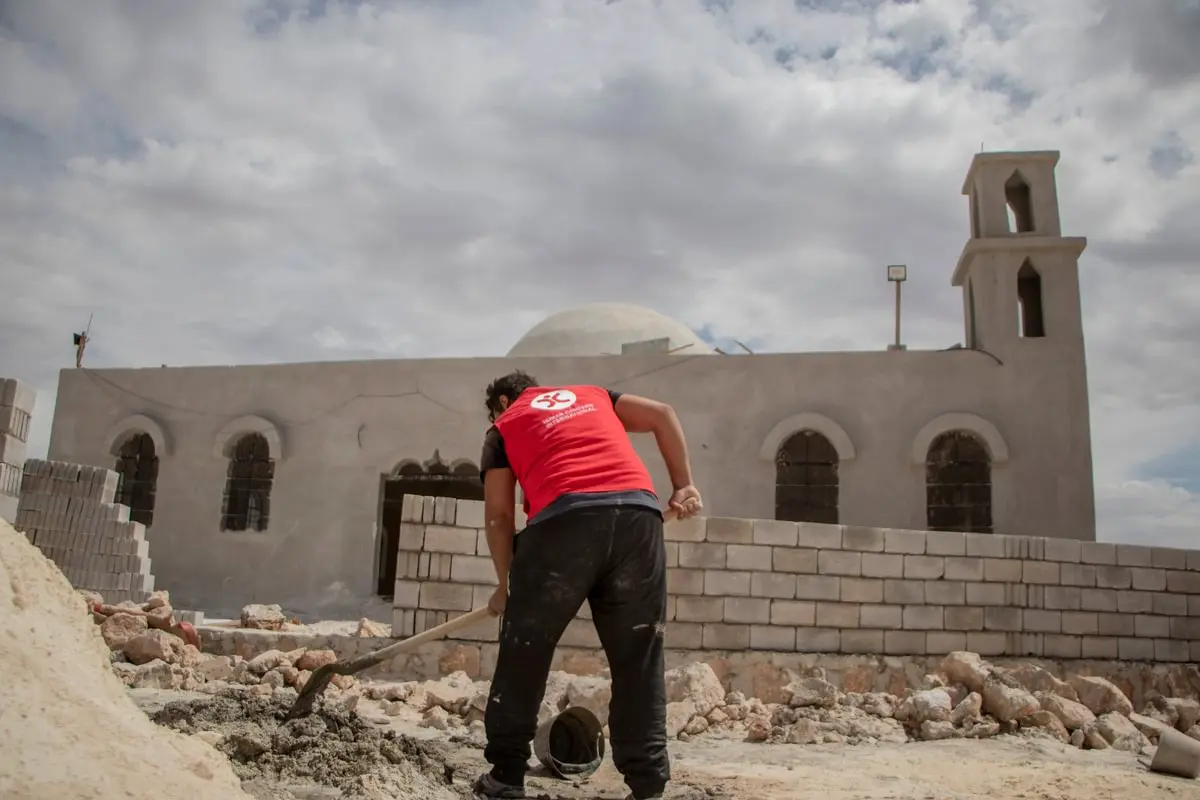
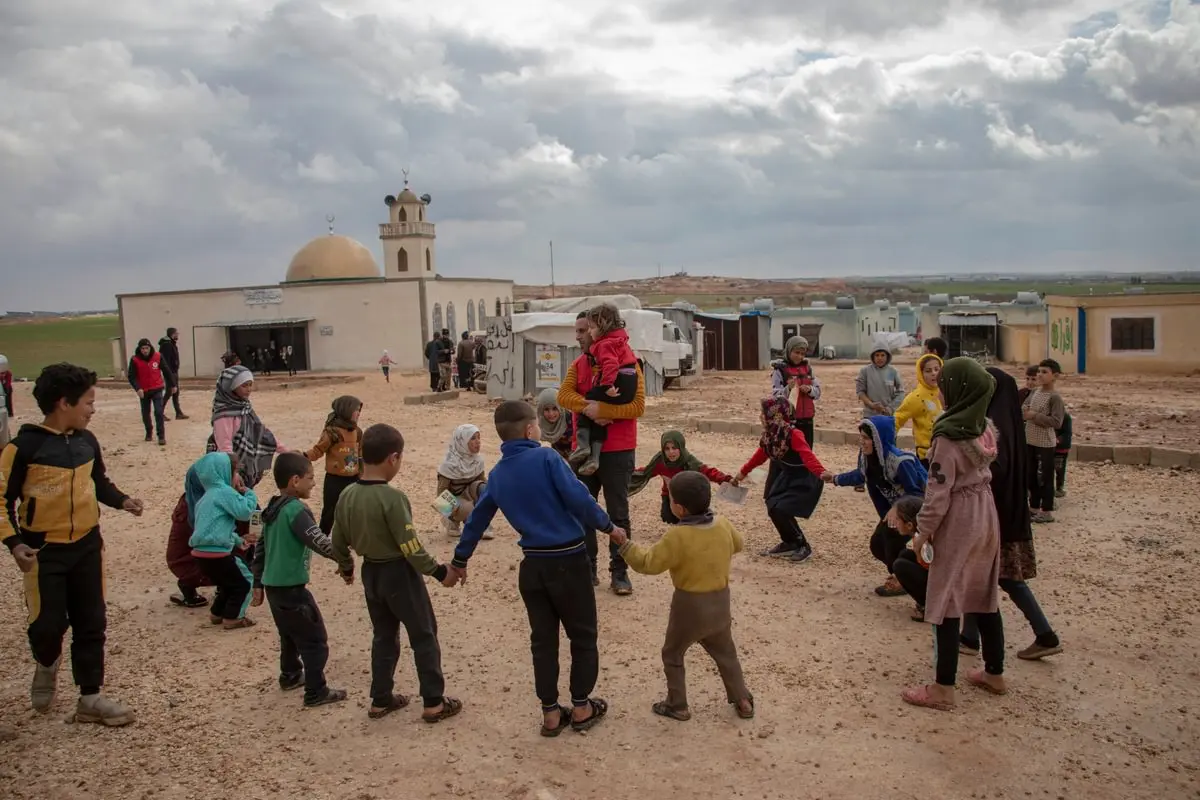
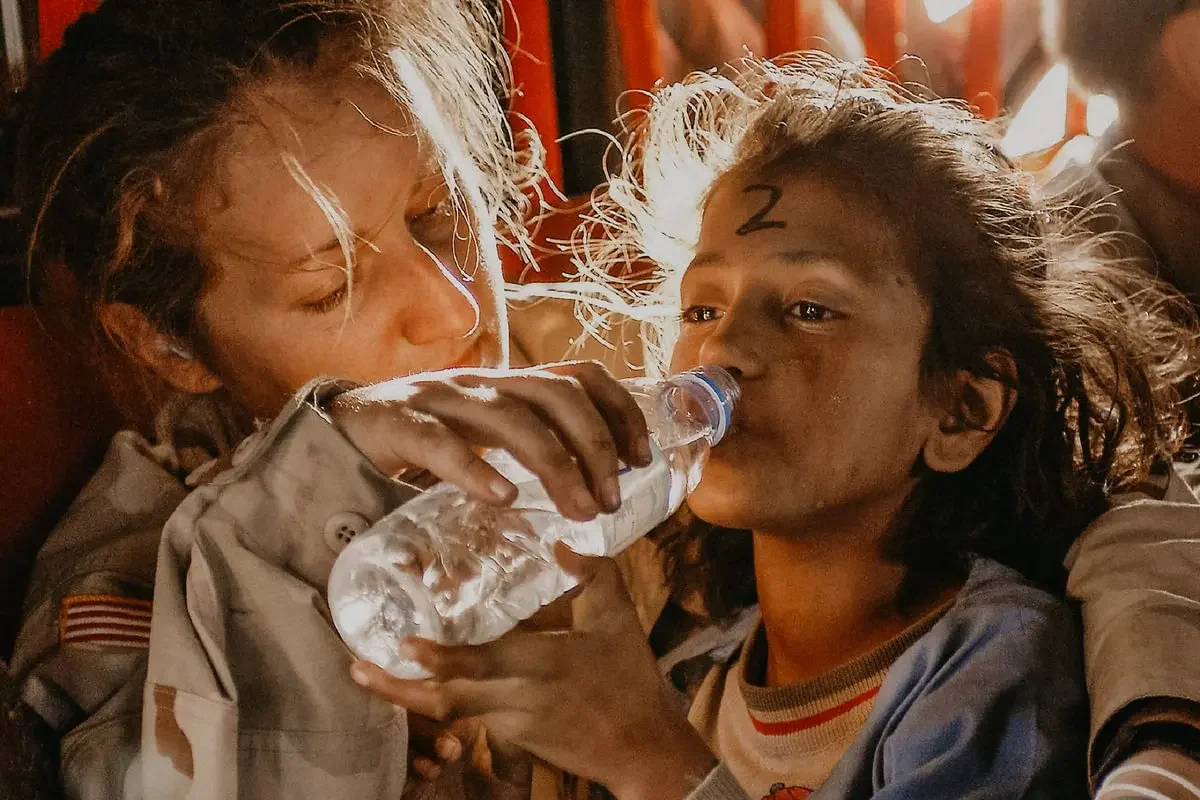
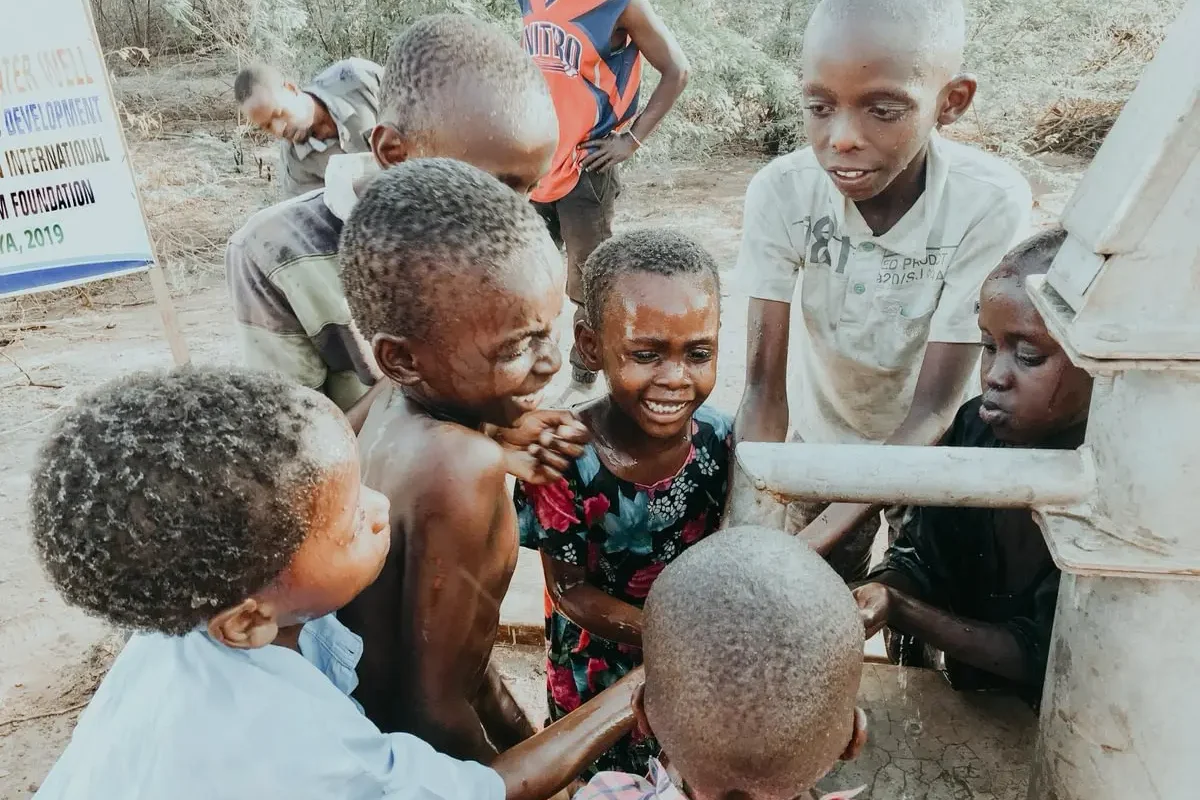
Human Concern International is the oldest Muslim relief organization in Canada, fighting poverty for over 45 years.
We are a registered charity with the CRA. Charitable Registration No. 107497125 RR 0001